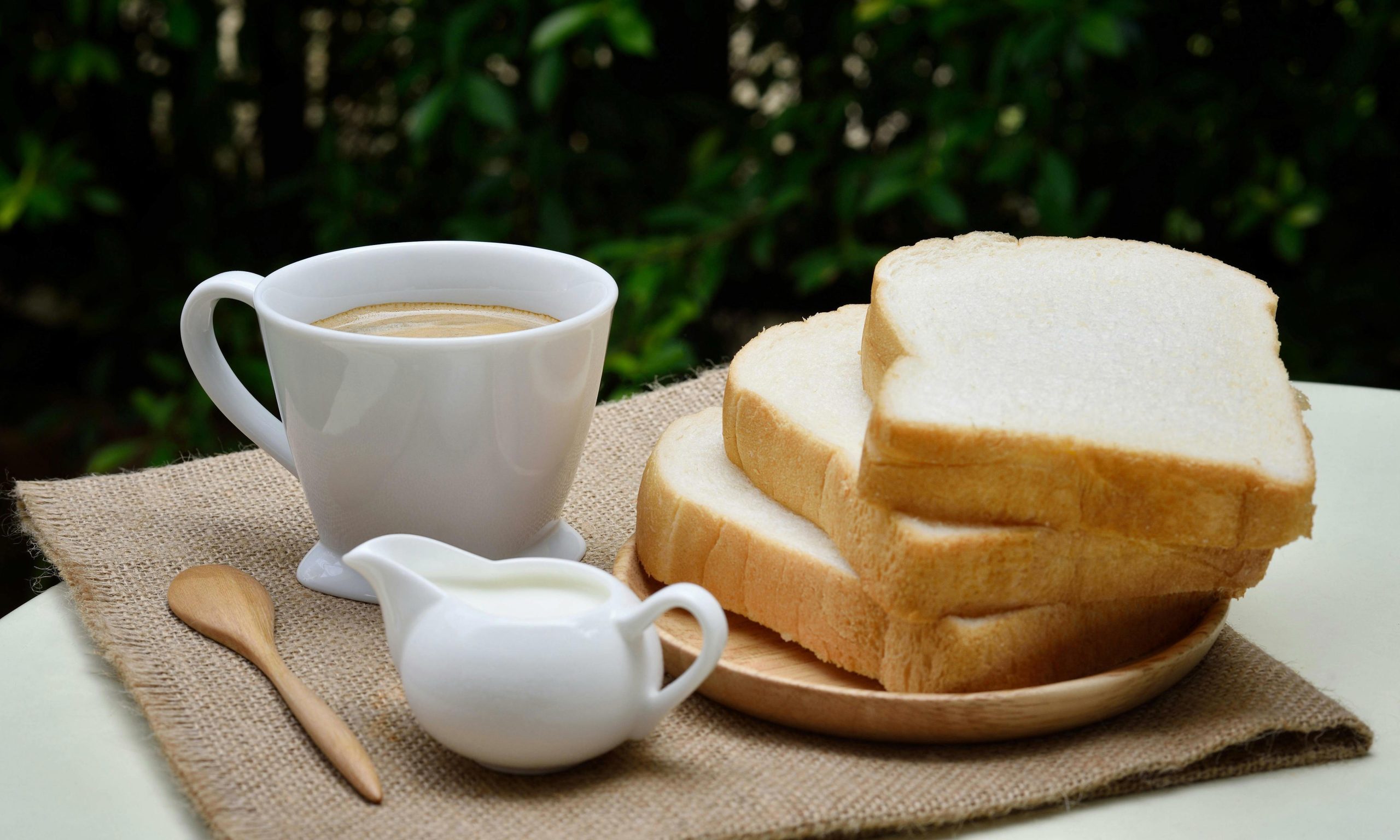Fatty liver disease is a growing health concern, with many people unaware of its presence or the role their diets play in its development. Affecting nearly one in three adults globally, this condition occurs when fat accounts for more than 5–10% of the liver’s total weight. Often silent in its early stages, it can progress to serious complications like cirrhosis if left unchecked. While lifestyle and genetics play a role, certain everyday foods are particularly harmful to liver health.
Below is a detailed look at nine common dietary culprits that may be silently contributing to fatty liver disease:
1. White Bread and Refined Grains
White bread, pasta made from refined flour, and pizza dough have a high glycemic index. These foods cause rapid spikes in blood sugar levels, forcing the body to convert excess glucose into fat. Some of this fat ends up being stored in the liver. Over time, regular consumption of these items can contribute to liver strain. Switching to whole grain alternatives like brown rice, quinoa, or whole wheat bread can support better liver function.
2. Sugary Breakfast Cereals
Many popular breakfast cereals contain high amounts of added sugars, often with little fiber or protein. Starting your day with such sugary options places immediate stress on the liver, which must process this sugar load first thing in the morning. Replacing these with unsweetened oatmeal or Greek yogurt topped with fresh fruit can provide a healthier alternative.
3. Soda and Sweetened Beverages
Carbonated soft drinks, energy drinks, sweetened teas, and even some bottled fruit juices are loaded with high-fructose corn syrup and other added sugars. The liver processes fructose by converting it into fat, which can accumulate over time. Research from Ohio State University underscores how regular consumption of these beverages can lead to significant fat buildup in liver cells, potentially progressing to fatty liver disease and even cirrhosis.
4. Packaged Snacks
Chips, crackers, and processed snack bars often contain refined carbohydrates, trans fats, and artificial preservatives. These ingredients offer minimal nutritional value while placing additional stress on the liver. Healthier snacking options include raw vegetables with hummus, nuts, or fresh fruit.
5. Red and Processed Meats
Red meat, especially when fatty, contains high levels of saturated fat, which contributes to fat accumulation and inflammation in the liver. Processed meats like bacon, sausages, and salami are even worse due to their high sodium and preservative content. Lean proteins such as poultry, fish, tofu, and legumes are excellent alternatives that reduce liver burden.
6. Pastries and Cakes
Regularly indulging in pastries, muffins, donuts, and cakes introduces large amounts of sugar and unhealthy fats into the body. These ingredients promote fat storage in the liver and should be limited. Opting for homemade baked goods using natural sweeteners and whole grains can make a meaningful difference.
7. Fried Foods
Deep-fried meals like French fries, fried chicken, and spring rolls are rich in trans fats, which are difficult for the liver to metabolize. Regular consumption leads to progressive fat accumulation. Even air-fried versions can be problematic if they rely heavily on oil and breading. Baking or grilling food instead offers a much healthier approach.
8. Full-Fat Dairy Products
Whole milk, full-fat cheese, and flavored yogurts often contain high levels of saturated fat and added sugars. Both components challenge the liver’s ability to process nutrients efficiently. Choosing low-fat or plant-based dairy options—such as almond milk or Greek yogurt without added sugars—can help protect liver health.
9. Fast Food
Fast food staples like burgers, pizzas, and instant noodles are typically loaded with sugar, salt, and unhealthy fats. Regular consumption overwhelms the liver and accelerates fat buildup. Preparing balanced meals at home with lean proteins, vegetables, and complex carbohydrates supports long-term liver wellness.
By making informed dietary choices and reducing intake of these liver-unfriendly foods, individuals can take proactive steps toward preventing and managing fatty liver disease. Prioritizing whole, unprocessed foods and staying hydrated are key strategies in maintaining optimal liver function and overall health.






